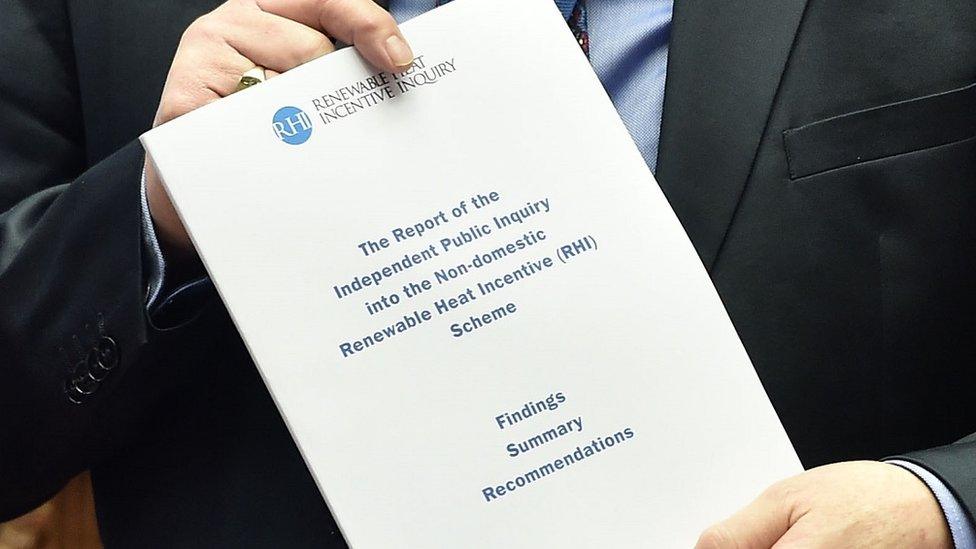Renewable Heat Incentive: £22m of RHI money returned to Treasury
- Published
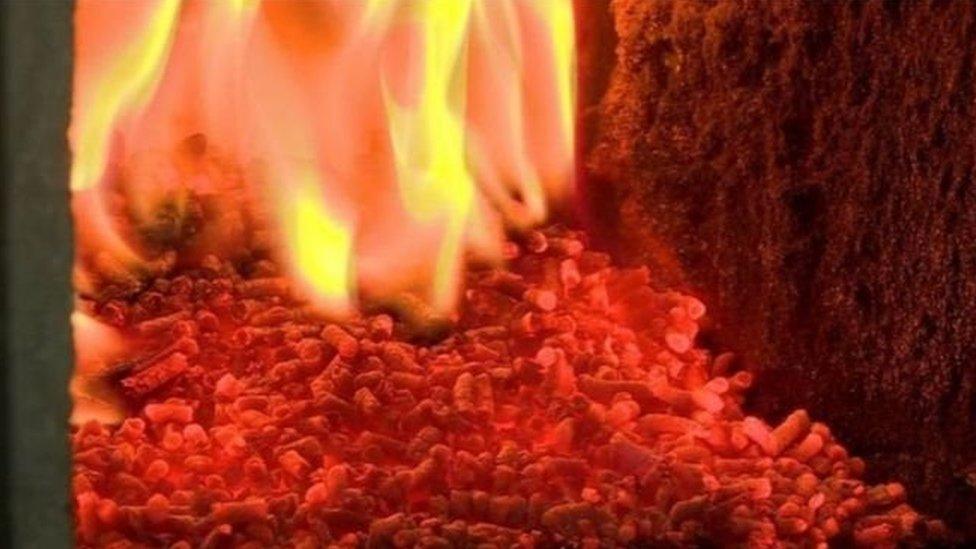
The RHI scheme paid businesses to switch from oil and gas to environmentally-friendly heating
There has been £22m of Renewable Heat Incentive (RHI) money handed back to the Treasury in 2020, a report by Northern Ireland's top auditor has shown.
It means that only £6.7m was paid out of an available pot of almost £29m.
Four years ago the subsidies came to £45m and Stormont had to pay £27m of it when the budget was exceeded.
The greatly reduced sums follow deep cuts in subsidies introduced to control the runaway scheme.
It created a political crisis that collapsed Stormont for three years and led to a public inquiry.
As part of the deal that restored the institutions the parties agreed to shut the existing scheme.
It incentivised businesses to install biomass boilers burning wood instead of fossil fuels like oil and gas.
The report by the Comptroller and Auditor General Kieran Donnelly also found that much less heat is being generated by participants in the scheme.
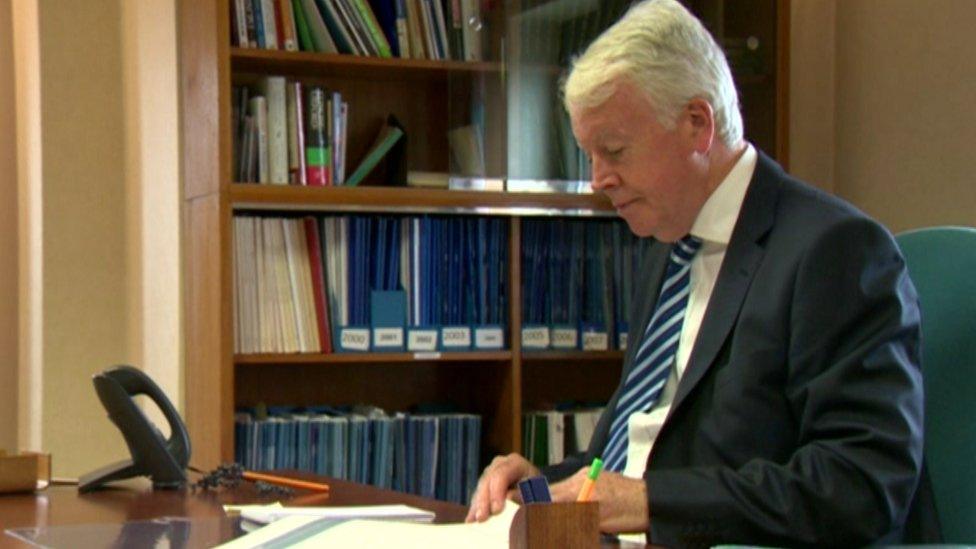
Kieran Donnelly is Northern Ireland's top auditor
The 2,128 boilers are producing less than half the heat they were back in 2016/17, before the first of the subsidy cuts.
The Department for the Economy told Mr Donnelly that businesses had provided a range of reasons for that including better energy efficiency, reduced production or that they had switched back to oil or gas.
A spokesman for boiler owners said they wanted to see the calculations used by the department to assess heat reduction which they believed to be "arithmetically flawed".
Seventy per cent of the sites have now been inspected either via a visit or a desk audit, although the process has paused due to Covid-19.
Businesses affected by the subsidy cuts are going to court in the autumn to challenge the reductions in their payments.
A total of £40,000 in overpayments made in error to some scheme participants since April 2019 has been written off.
Mr Donnelly said he had had to qualify the Department for the Economy's accounts again this year because although the revised tariffs had cut costs, the ongoing inspection process was still throwing up issues.
He said he had been unable to get sufficient evidence that spending controls were sufficient to "prevent or detect abuse of the scheme".
Boiler owners have always said they have a zero-tolerance approach to anyone who abused the scheme.
They said that five years after audits had begun, participants including churches, retail premises and farms were still being checked.
- Published7 September 2020
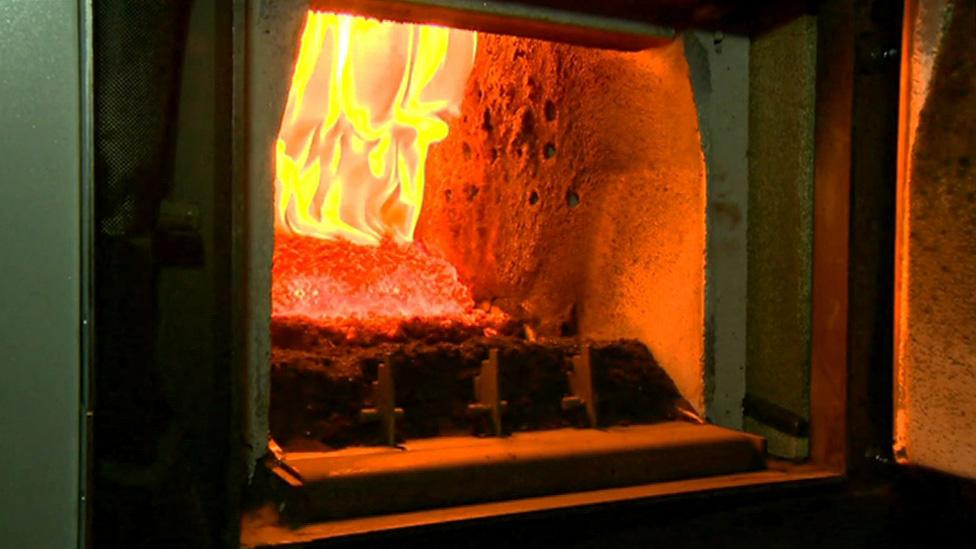
- Published13 March 2020
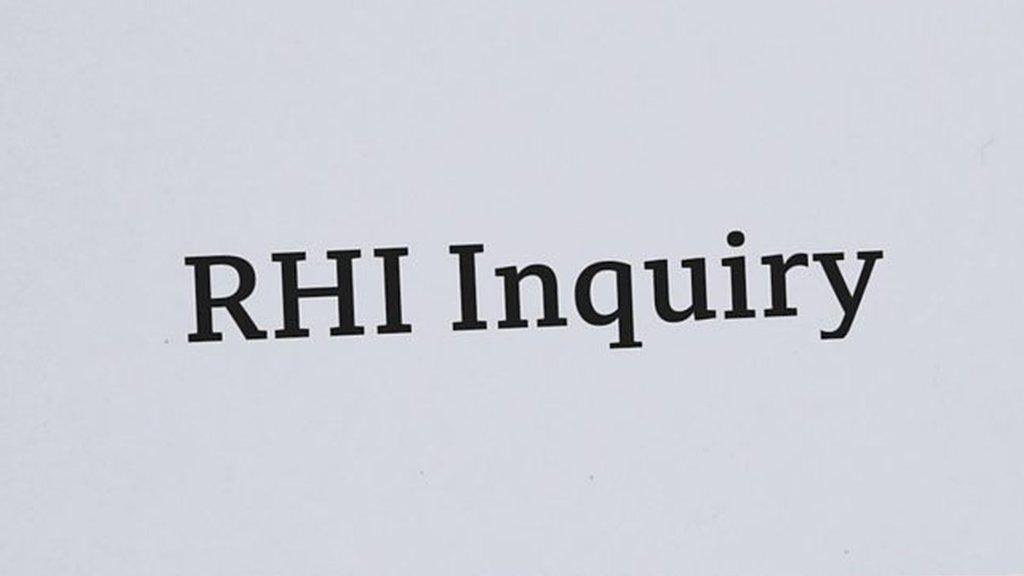
- Published13 March 2020
